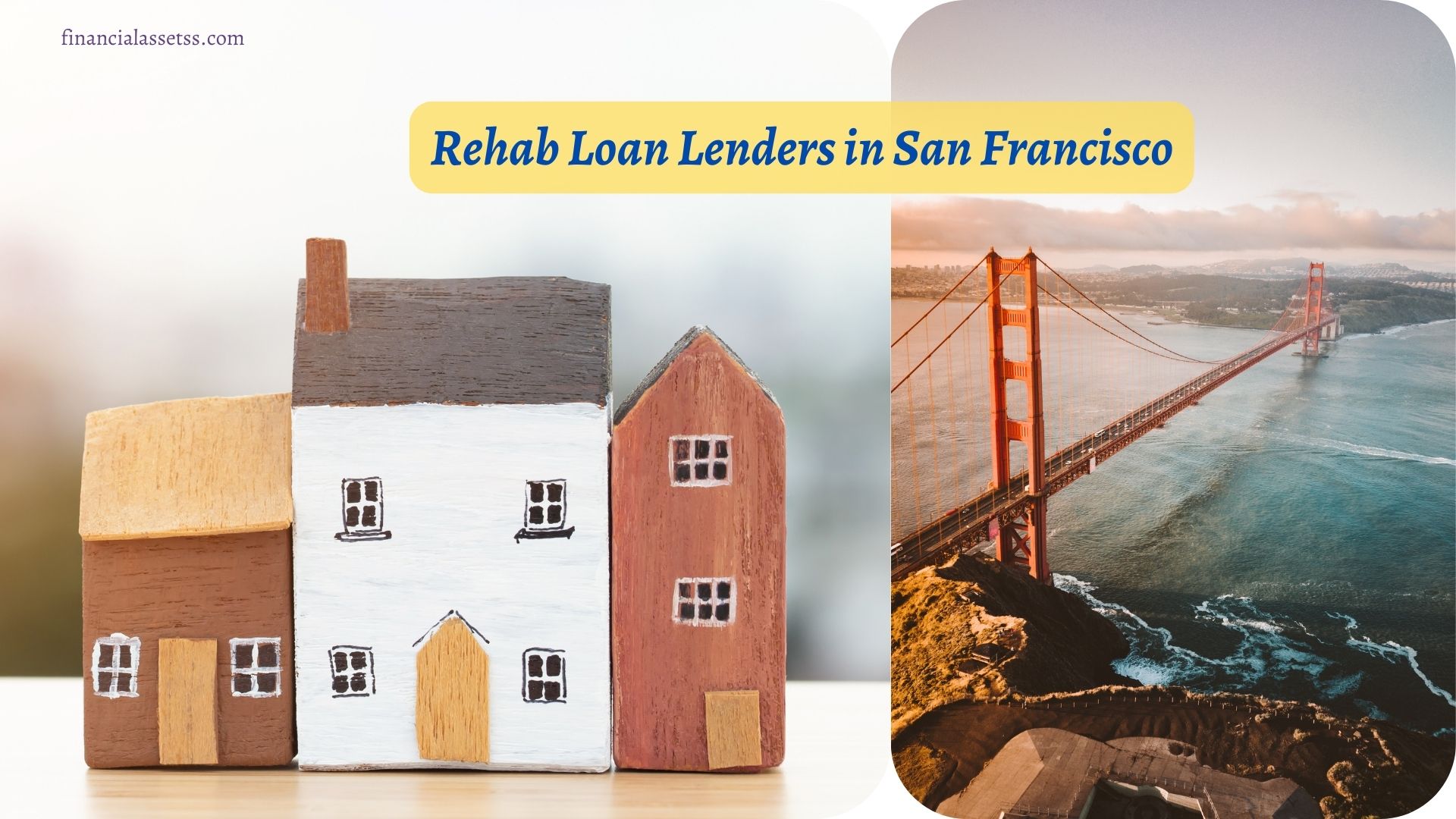Rehab Loan Lenders San Francisco: San Francisco’s bustling real estate market presents both opportunities and challenges for homeowners and investors alike. One effective way to capitalize on these opportunities is through rehab loans.
These specialized financial products enable buyers to purchase and renovate distressed properties, transforming them into appealing homes or profitable investments.
In this article, we’ll explore the ins and outs of rehab loan lenders in San Francisco, helping you make informed decisions to enhance your real estate endeavors.
What is a Rehab Loan?
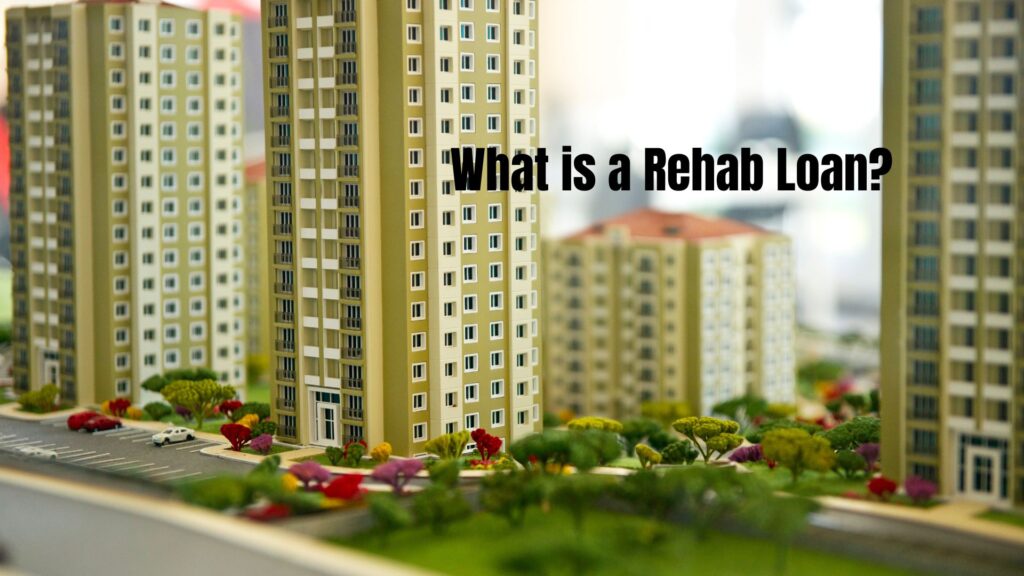
A rehab loan is a type of mortgage that allows homeowners or investors to finance the purchase of a property and the costs of its repairs or renovations.
These loans are particularly beneficial for properties that may not qualify for traditional financing due to their condition.
Types of Rehab Loans
- FHA 203(k) Loans
- Insured by the Federal Housing Administration, these loans allow borrowers to finance both the purchase of a home and the cost of repairs. They come in two forms: the standard 203(k) for more extensive renovations and the streamlined version for minor repairs.
- Fannie Mae HomeStyle Renovation Loans
- This conventional loan lets you finance the cost of renovations and repairs into your mortgage. It’s ideal for traditional long-term homeowners or investors looking to improve their investment properties.
- Hard Money Loans
- These are short-term loans offered by private lenders based on the property’s value rather than the borrower’s creditworthiness. They are ideal for investors looking to buy and renovate properties quickly.
- VA Renovation Loans
- For eligible veterans, VA loans can include funds for renovations. These loans offer favorable terms with no down payment and no private mortgage insurance (PMI).
Key Features of Rehab Loans
Understanding the features of rehab loans can help you make informed decisions:
- Loan Amounts and Terms: Typically, rehab loans can cover both the purchase price of a property and the estimated costs of repairs. The total is often based on the property’s future value after renovations.
- Interest Rates: Rates can vary based on lender and borrower qualifications, but they generally align with conventional loan rates, albeit sometimes slightly higher due to the added risk of renovations.
- Down Payment Requirements: Down payments can range from 3.5% for FHA loans to around 5% or more for conventional options, depending on creditworthiness and lender policies.
Finding Rehab Loan Lenders in San Francisco
When searching for rehab loan lenders, you should consider several factors:
- Types of Lenders: Traditional banks, credit unions, and private lenders all offer rehab loans, but their criteria and services may differ. Look for lenders with experience in the San Francisco market.
- Importance of Local Expertise: Local lenders understand the nuances of the San Francisco real estate market, including neighborhood trends and property values. This knowledge can prove invaluable in the loan process.
Note:
This article is completely independent and not sponsored by any company or organization. It has been created solely for educational purposes, aiming to provide readers with informative and unbiased insights.
The content reflects the author’s research and opinions, and any references or external sources are cited to support the information presented. Please feel free to share this knowledge with others. Your understanding and learning are our primary goals.
Top Rehab Loan Lenders in San Francisco
Several reputable lenders in the San Francisco area specialize in rehab loans. Here are a few you might consider:
1. Caliber Home Loans
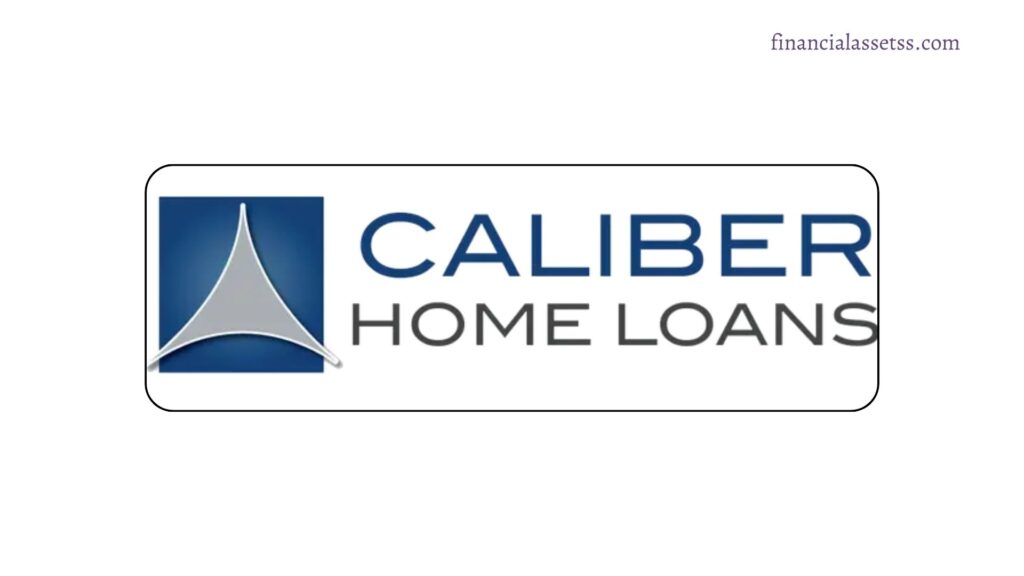
Caliber Home Loans is a U.S.-based mortgage lender offering a range of home financing solutions, such as conventional loans, FHA loans, VA loans, and mortgage refinancing.
Renowned for their customer service and extensive online resources, they serve both first-time homebuyers and seasoned investors. Before applying, it’s essential to research and compare their products and rates.
- Offers a variety of loan products, including 203(k) loans and HomeStyle Renovation loans. They have a strong presence in the Bay Area and provide personalized service.
2. CitiMortgage
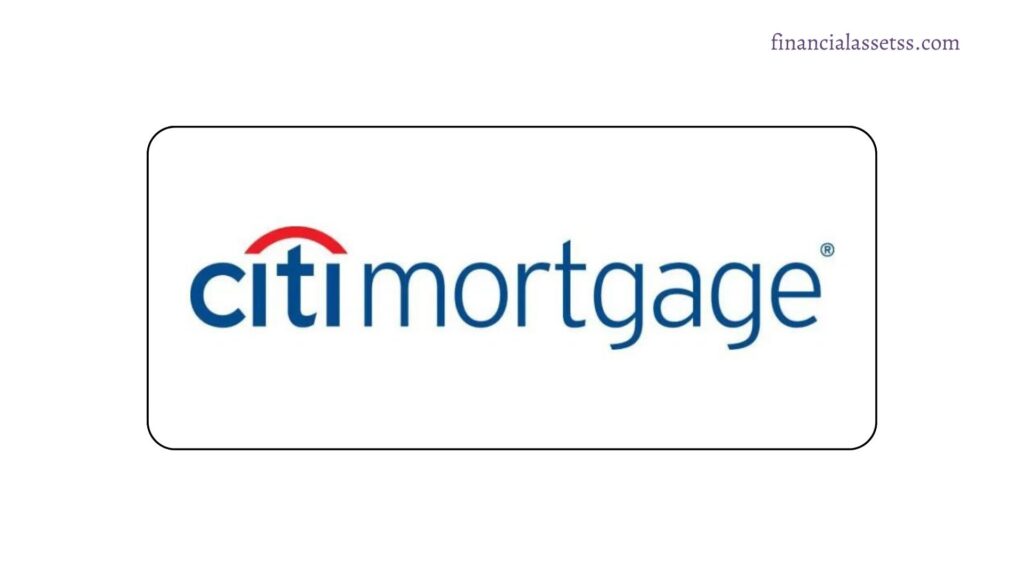
CitiMortgage, the mortgage lending branch of Citigroup, provides a range of home loan options, such as conventional loans, government-backed loans, and refinancing opportunities.
Customers can easily apply online and oversee their mortgages through an intuitive digital platform that features payment management tools and customer support.
- A reputable lender providing FHA 203(k) and Fannie Mae HomeStyle loans. They offer competitive interest rates and extensive support throughout the loan process.
3. Guild Mortgage
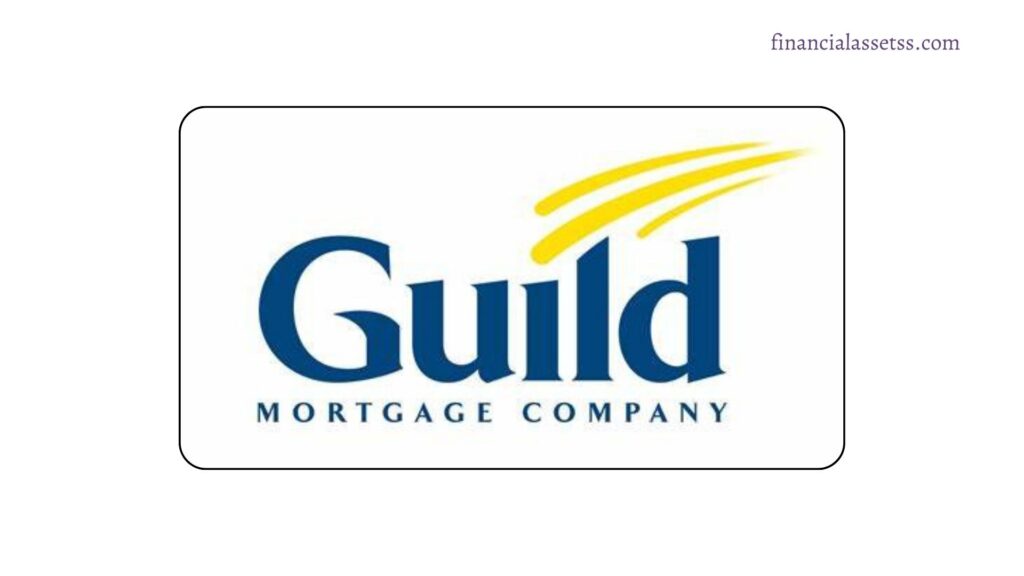
Guild Mortgage is a national mortgage lender based in the United States, focusing on residential home loans. They offer a variety of services, including conventional, FHA, VA, and USDA loans, as well as refinancing options.
Guild Mortgage prides itself on providing personalized service to help clients navigate the mortgage process.
- Known for flexible financing solutions, Guild Mortgage specializes in various rehab loan products. Their experienced staff can guide you through the nuances of the rehab loan process.
4. LoanDepot
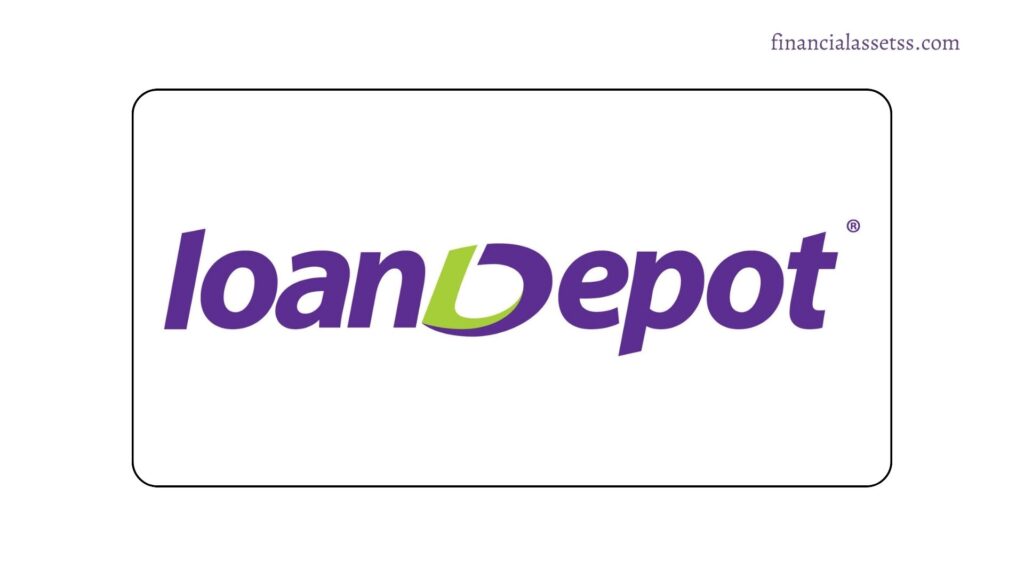
LoanDepot is a financial services company specializing in residential mortgage lending and real estate services.
It offers a variety of loans, including conventional, FHA, and VA loans, as well as refinancing options. The company operates primarily online, which can streamline the application process for customers.
- Offers a streamlined application process for FHA 203(k) loans. They combine technology with personalized services, making it easier to secure financing for your rehab project.
5. LendingHome (Kiavi)
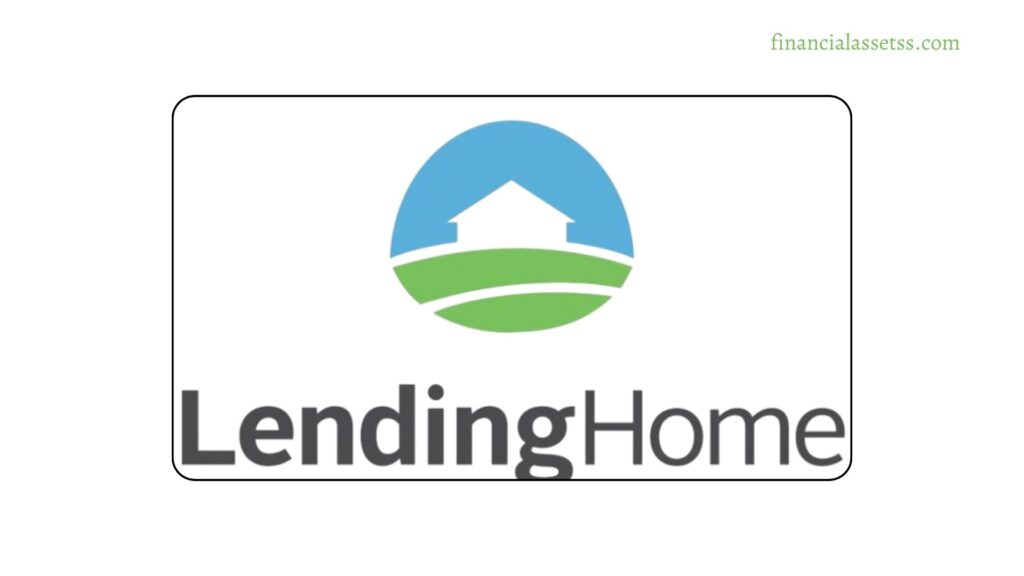
LendingHome rebranded as Kiavi: LendingHome is an online platform that provides home mortgage loans, primarily for real estate investors and homebuyers seeking to finance their properties quickly.
It specializes in offering short-term loans, allowing investors to finance properties for renovations or quick sales. LendingHome aims to streamline the mortgage process through technology, making it more efficient and accessible.
- A hard money lender that focuses on real estate investments. They provide fast financing options for those looking to renovate properties quickly.
Application Process for Rehab Loans
Understanding the application process for rehab loans is crucial to ensure a smooth experience:
- Documentation Required: Commonly, lenders will require proof of income, credit history, property details, and renovation estimates.
- Steps in the Application Process: Generally, the process involves pre-approval, submitting documents, loan underwriting, and finally, closing.
- Timeline for Approval: The approval timeline can vary widely, but expect anywhere from two to six weeks from application to closing, depending on lender efficiency and the complexity of the project.
How to Choose the Right Rehab Loan Lender
When selecting a rehab loan lender, consider the following:
Factors to Consider: Look for lenders with experience in rehab loans, competitive interest rates, and favorable terms.
- Interest Rates and Fees: Compare rates and understand any additional fees associated with the loans.
- Loan Terms: Look for lenders that offer flexible terms that suit your project timeline.
- Customer Service: Choose a lender known for responsive customer service and support throughout the process.
Questions to Ask Potential Lenders: Inquire about their experience with properties similar to yours, their specific rates and fees, and the timeline you can expect for approval.
- Experience with Rehab Loans: Verify that the lender has experience and knowledge in handling rehab loans specifically.
Conclusion
Navigating the landscape of rehab loan lenders in San Francisco can seem daunting, but with the right knowledge and preparation, you can unlock the potential of your property investments.
Whether you’re a first-time buyer or a seasoned investor, exploring rehab loans allows you to transform distressed properties into profitable ventures.
Take the time to research local lenders, ask the right questions, and choose a financing option that aligns with your renovation goals. With the right support, your dream property is just a loan away.
FAQs: Rehab Loan Lenders San Francisco
1. What is a rehab loan?
A rehab loan is a type of financing that allows borrowers to purchase a property and fund renovations or repairs within a single loan. This helps reduce the need for multiple loans for home buying and renovation.
2. Who can benefit from a rehab loan?
Both homeowners and real estate investors can benefit from rehab loans. Homeowners can customize their homes to better meet their needs, while investors can transform undervalued properties into profitable rentals or flips.
3. What types of properties are eligible for rehab loans?
Most rehab loans are available for residential properties, including single-family homes, multi-family properties, and sometimes condos. However, specific eligibility can depend on the lender and the loan type.
4. What is the difference between an FHA 203(k) loan and a Fannie Mae HomeStyle loan?
The FHA 203(k) loan is backed by the Federal Housing Administration and is primarily for owner-occupied homes, while the Fannie Mae HomeStyle loan is a conventional loan that can be used for various types of properties, including investment properties.
5. How much can I borrow with a rehab loan?
The amount you can borrow typically includes the purchase price and renovation costs, determined by the property’s projected value after improvements. Lenders may require estimates from contractors for accurate calculations.
6. What is the minimum down payment for a rehab loan?
The minimum down payment can vary depending on the loan type. FHA 203(k) loans typically require at least 3.5% down, while HomeStyle loans may require around 5% or more, depending on your creditworthiness.
7. Are there additional fees associated with rehab loans?
Yes, in addition to standard closing costs, there may be fees for renovation assessments, appraisals, and inspections. It’s crucial to ask lenders for a detailed breakdown of all potential costs.
8. How long does the rehab loan process take?
The approval and closing timeline can vary, but you can generally expect the process to take between two to six weeks. Factors such as lender efficiency and the complexity of the project can influence this timeframe.

